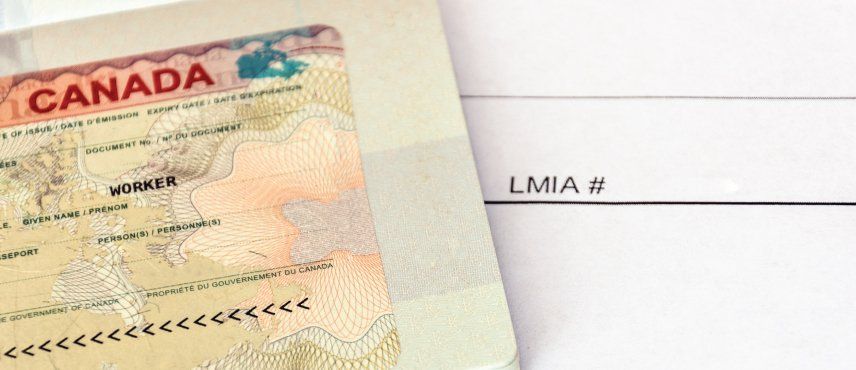
Published on : December 30, 2020
Key Highlights:
British Nationals are LMIA-exempt under CETA until 31 December 2020. However, they will need LMIAs to work in Canada after that.
Starting 1st January 2021, UK citizens will require a Labour Market Impact Assessment (LMIA) to work in Canada.
The Comprehensive Economic & Trade Agreement (CETA) between the EU and Canada will come to an end for UK post-Brexit on 31 December 2020.
Canada and the United Kingdom signed a post-Brexit Trade Continuity Agreement (TCA) last month. It was necessary to strike a deal between the two countries as not to disrupt trade.
Without the deal, the GDP of both countries would have decreased post-Brexit. A study conducted by Global Affairs Canada found that over 2,000 Canadian jobs would have been lost.
Ratification of the Canada-UK TCA deal is expected to take place in early 2021. Until then, British nationals will temporarily require LMIA to migrate to Canada.
Another option available to British nationals is meeting an LMIA-exempt work permit category.
The TCA essentially replicates several terms that were part of CETA. Both countries require more time to consider how they wish to permanently settle the deal.
Under the law, Canadian employers are required to demonstrate that there is a need to hire a foreign worker for the said job. A positive LMIA document means that, indeed, there is a need.
Free trade agreements like CETA ensure that some work permits do not require employers to produce an LMIA document.
There are some open work permits that are LMIA-exempt. They are available for foreign workers who do not have a job offer.
The most common LMIA-exempt permits are spousal open work permits and post-graduate work permits for international graduates.
Closed work permits allow immigrants to work for one specific employer in the country. At the same time, open work permits allow the holder to work for any employer in Canada.
Canada Hikes Study Permit Financial Threshold: What You Must Know
At Kansas Overseas, we go beyond guiding applicants—we empower them with...
Kansas Overseas Careers Pvt Ltd is NOT a RECRUITMENT / PLACEMENT AGENCY, we neither assist in any kind of Job / employment offers nor do guarantee any kind of domestic/International placements.
Eligibility Check
Canada PR Calculator
Australia PR Points
Visit Visa
Germany
Hong Kong
Services
Migrate
Study
Counselling
Online Payment